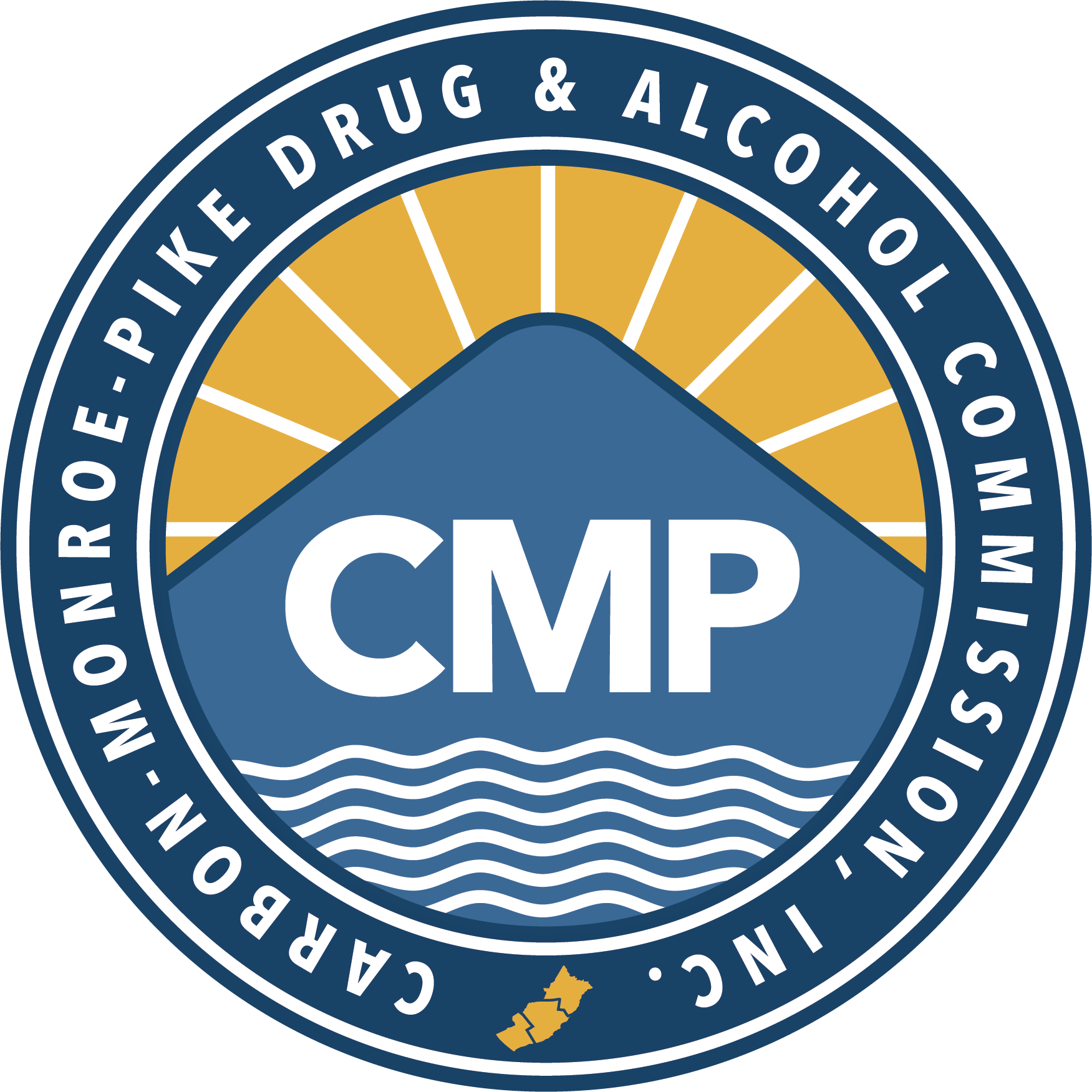24/7 REFERRAL CENTER 1-866-824-3578

DUI PROGRAM

The Commission currently manages a comprehensive system of initiatives aimed at dealing with the Driving Under the Influence (DUI) problem in Carbon County. The Commission maintains a functional unit for Alcohol Highway Safety services in Carbon County. These services are also available through other agencies in Pike and Monroe counties. The Commission's program includes public information, as well as evaluation, education and treatment of the DUI offender.
All persons arrested for Driving Under the Influence of Alcohol and/or Drugs must be evaluated by the Pennsylvania Alcohol Highway Safety Program’s Court Reporting Network (CRN) profile.
First and Second time offenders are also mandated to attend Alcohol Highway Safety School. The Commission’s Alcohol Highway Safety School meets the five content area (12.5 hours) requirement for the Standardized DUI Curriculum set forth in conjunction with the Pennsylvania Alcohol Highway Safety Program standards set by the Pennsylvania Department of Transportation and the Pennsylvania Department of Health. This was revised by the passage of Act 24 of 2003, which focuses on treatment for first-time offenders rather than punishment and license suspension
Depending on the report of the CRN evaluation and the three-tiered sentencing guideline based on Pennsylvania law, a Treatment Intervention Group (TIG), full drug and alcohol assessment and/or a variety of outpatient treatment options are available through our Carbon County location.
GOALS OF THE PROGRAM:
- Reduce the negative impact of Driving Under the Influence (DUI) of drugs or alcohol in the Carbon County area;
- Increase Participant’s understanding of the relationship between drug/alcohol use and highway safety;
- Change the Participant’s attitude about driving after using controlled substances;
- Educate Participants about the broader implications of a DUI arrest in relation to family, job and friends;
- Assist Participants in identifying realistic strategies to avoid future DUI behavior; and
- Educate the Participants on how and where to obtain help for drug and alcohol problems.
WORKING TOGETHER TO END OVERDOSES
RECOVERY IS POSSIBLE
NO INSURANCE, NO PROBLEM

FENTANYL KILLS, IF WE LET IT!

OFFICE LOCATIONS
SCA ADMINISTRATIVE OFFICE
724 Phillips Street, Suite 203
Stroudsburg, PA 18360
Phone: (570) 421-1960
CARBON COUNTY OFFICE
430 South 7th Street
Lehighton, PA 18235
Phone: (610) 377-5177
PIKE COUNTY OFFICE
111 Wheatfield Drive Suite 2
Milford, PA 18337
Phone (570) 296-1054
VISION STATEMENT
To promote a community where recovery matters and strength and dignity is given to those affected by drug and alcohol use.
NAVIGATION
GET HELP NOW
After hours 24/7 number:
Carbon-Monroe-Pike Referral Center at 1-866-824-3578
The Department of Drug and Alcohol Programs specifically disclaims responsibility for the contents herein.
All Rights Reserved | Carbon-Monroe-Pike Drug & Alcohol Commission Inc. | Powered by Quantifi Media